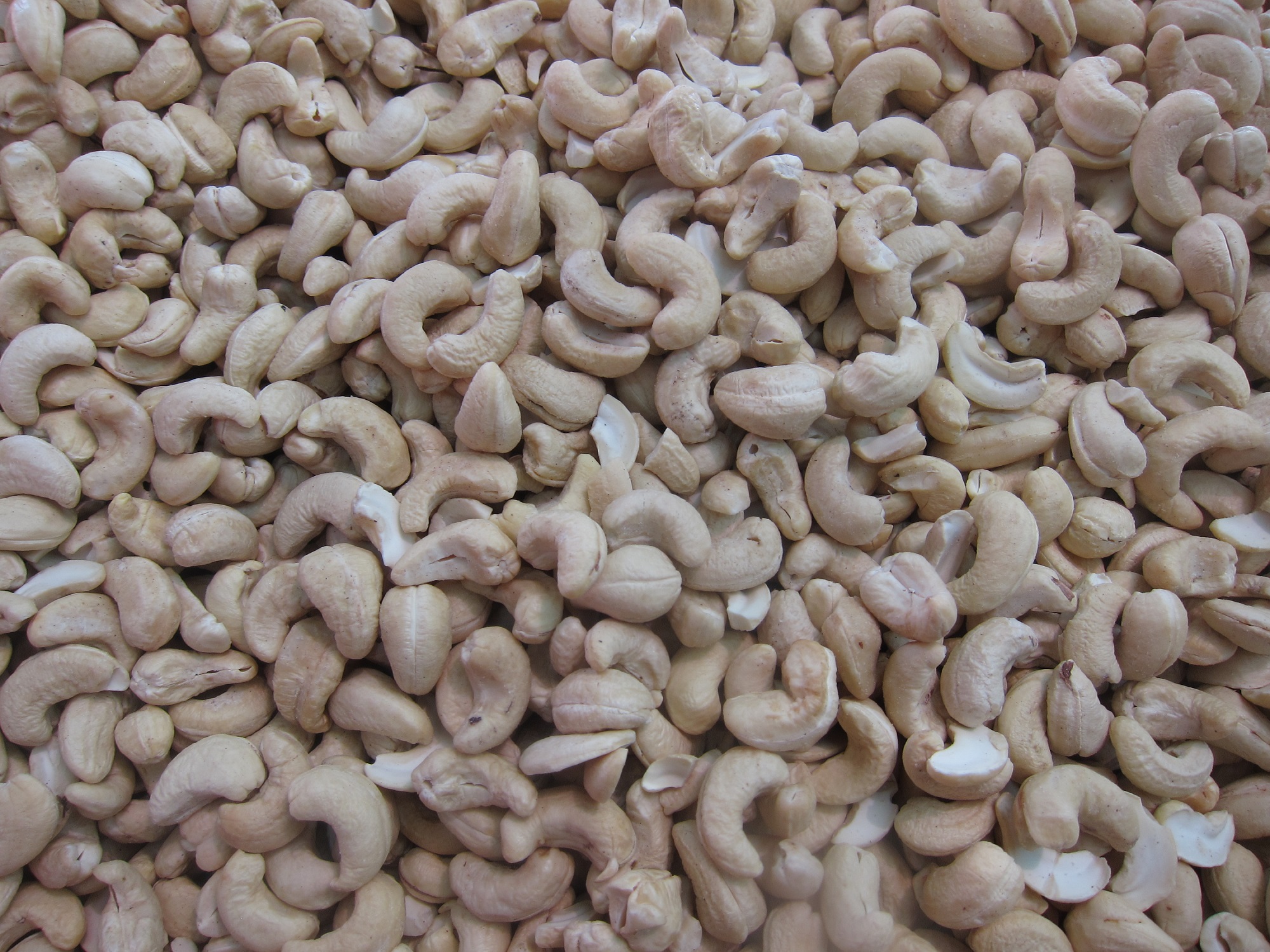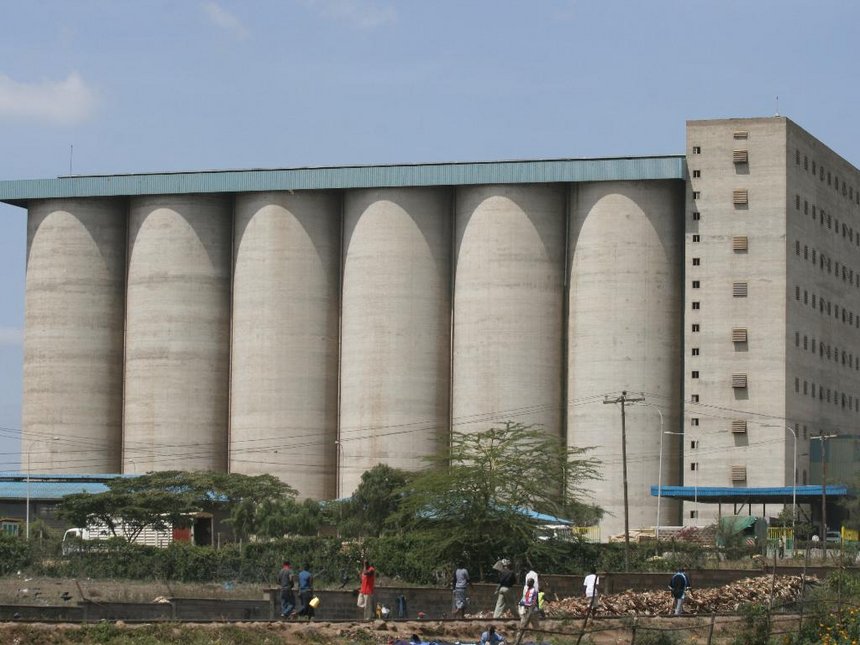
By George Munene
Centum Investment PLC has kicked off the construction of a Sh1 billion cashew nut processing plant at Vipingo, Kilifi County. The factory is scheduled to be operationalised by the first quarter of 2022 and will have a processing capacity of over 6,000 tons of raw nuts offering a market to farmers who have been forced to turn to other crops after the state-owned Kilifi Cashewnut Ltd closed its doors 30 years ago.
Despite cashew nuts being highly prized in the international market--a kilogram goes for Sh950--its farming in Kenya has declined precipitously since the closure of the processing factory in 1990.
Related News: KALRO develops new cashew nuts yielding 4× existing varieties
Related News: Kilifi farmers to start organic cocoa farming as an alternative crop to cashew nuts
The factory constructed at Vipingo Development Limited's manufacturing hub will buy cashews from thousands of farmers in the coast to supplement raw nuts obtained from the 200-acre Vipingo Development cashew nut plantation.
“Signing up coastal farmers for supply of raw nuts will guarantee the minimum supply threshold for an all-year operation.
The packaged nuts will be sold to both local and international buyers, especially targeting markets with the highest returns," pointed out Vipingo Development Limited managing director Ken Mbae in a press release.
The factory's construction at Vipingo Industrial Park will provide close proximity to the port. This will save on transport costs for imported raw materials, enabling the selling of finished products at a discount.
Related News: Groundnut manufacturers seek farmers to plug country’s nut deficit
Vipingo Development Limited is a fully owned subsidiary of Centum Investment PLC and is behind the transformation of the former 10,000-acre Rea Vipingo sisal plantation into an urban node comprising residential, commercial, industrial, hospitality, health care and school districts.
Write comment (0 Comments)
















